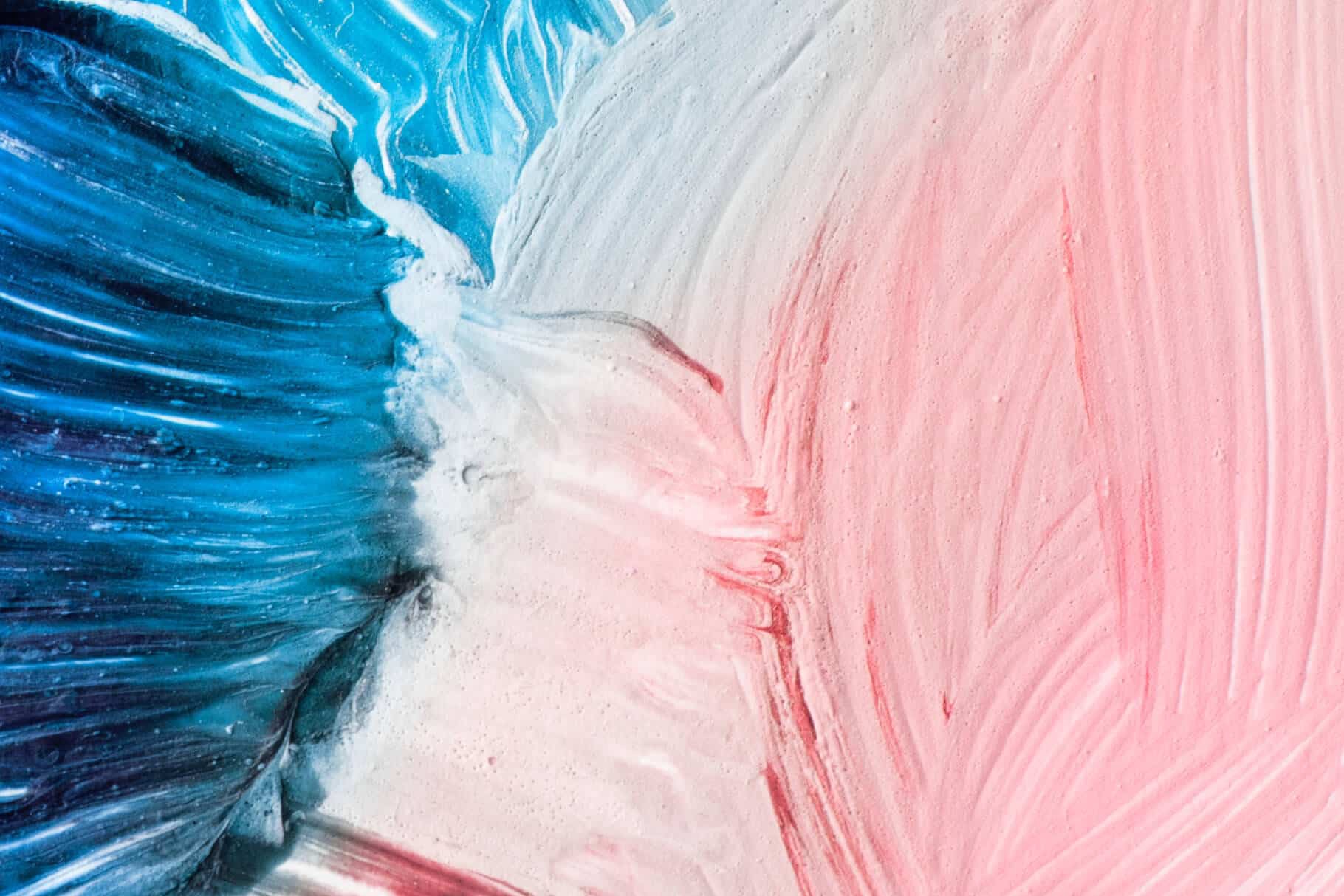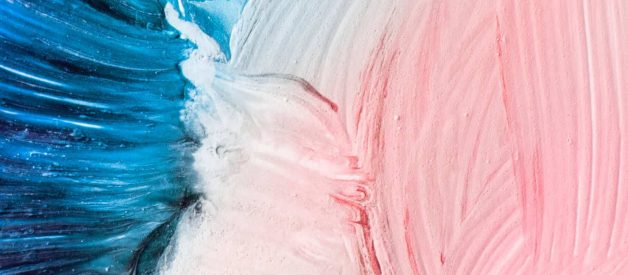
It is likely that your artistic spirit will drive you towards experimenting as you pursue your love of painting. However, you might be wondering about paint. Specifically, you might question where should fall on the oil vs acrylic paint debate. The debate regarding which type of paint is the best for painting is filled with opposing viewpoints. This topic is absolutely rife with opinions. We, however, are of the belief that oil paints tend to not get credit where credit is due.
This style has existed for ages and has been a prized tool among many famous painters throughout the years. Sure, acrylics might have come in with their newfangled science and fancy new design. However, oil paintings have been the base for the majority of the more famous masterpieces. They are what make so many artists want to paint in the first place. It is for this reason that we believe in oil paintings with the oil vs. acrylic debate. While we love acrylic paints, oil tends to give a painting a little something special that nothing else has.
If you?re interested painting, check out my other painting-related content:
- 30 Creative and Unique Watercolor Ideas For Beginners
- The Essential Encaustic Painting Supplies You Need
- 8 Color Theory Painting Exercises to Improve Your Paintings
1. Do You Love Color?
Oil painting might be right for you if you love bold and vibrant colors. The reason behind this is determined by the actual compositional differences within the paint types. Oil paints are known for having more pigment in them than other types of paint. This tends to make oil paintings look like a scene that you can truly just step into.
This addition of pigment is known to give the color of these paints a vivid and vivacious appearance. Many people prefer this to water-based paint types. It is believed that this shift in complexity of color is partially responsible for giving oil paintings more depth. This is just one of many differences between oil vs acrylic paint comparison where oil comes out on top.
2. It?s Tradition
If you grew up marveling over paintings from brilliant artists from another time, oil paints might be for you. Chances are that those stunning works of art were created using none other than oil paints. Oil paint has been the traditionally preferred paint throughout history. This type has coated the brush of many a magnificent artist. It is the paint artists have relied on for ages.
Since the creation of acrylic painting is fairly recent, you?ll find it used in modern pieces. As far as the classics go, oil paints are responsible for making the beautiful defining pieces of art. Those paintings fill the walls of your local art museum. When you look at a Google version of The Starry Night, you are looking at perfectly blended oil paint. It is believed that the consistency of these oil paints made some of Van Gogh?s more interesting designs possible.
3. Smoother Strokes For Different Folks
The type of artist who adores some of the more delightfully smooth painting stroke styleswill love oil paints. Oil paints are going to be your best friend when it comes to making those elegant lines. The consistency of oil paint is known for its smooth texture that goes on easily with a brush swipe. This adds a smooth look that might not otherwise be possible with other types of paints.
Though their acrylic counterparts might be useful for a sharp edge, oil paints are about the flow. Creating a painting that flows within itself is a stylistic touch often characterized by the use of these paints. This style of paint simply tends to glide across the page better than acrylics. That is what gives that beautifully rich feeling of cohesiveness to older paintings.
4. The Power Of Layers
A much beloved feature and major difference between the oil vs acrylic paint discussion focuses on layers. Oil painters have the ability to layer the paint in order to create defined textures within the painting itself. Since oil paintings take longer to dry, they allow for layers and textures to be built up over time. This can be done within the piece by applying more paint during various states of drying. The results are often a fingerprint effect that make each painting unique.
Acrylics are notorious for drying quickly and without care for the artist?s preference. Oil paints like to luxuriate while they set in their ways and this gives artists a lot more control. It means creating something like textured waves or the leaves on a tree is much easier. This is one more feature about oil paint that is known to add a certain depth. This style of painting is often favored in more traditional painting circles.
5. Drying Time Allows For Perfection
When you paint with oil paints, it takes a decent amount of time to dry. This depends on the amount of oil, the thickness of the stroke, and various environmental factors. While this might seem like it would be a disadvantage, oil paints allows for more methodical approaches to painting. A common issue reported with acrylic paints is that they begin to dry almost immediately. As soon as you are done with the stroke, they are already drying.
This means that there is little room for error when it comes to painting, which can be problematic. Oil paints will let you fuss around with your placement and any color options. Acrylic paints basically make it so that your painting is immortalized. The moment you touch your brush to the paper, you are stuck with it. For painters who like to take their time and strive for perfection, oil paints have a distinct advantage.
Conclusion
When it comes to art, there is absolutely no one size fits all approach to making your art. No matter what, you should explore every style and opportunity that you can. This will bring your craft to the next level and grow your skills. We would absolutely encourage you to experiment with both oil and acrylic paints. You might discover something new in the oil vs acrylic paint comparison.
However, we land on the mushy traditionalist painting belief. Oil paintings simply are what we look for when we think about making something great. In the end, the major difference between acrylic and oil painting is that oil paint is the original. If this sound good to, give oil paints a try!
I created five more insights on why you should consider oils over acrylics. Read the article here to get the additional 5.


